Hey, guys! o/
This is Ari, and today we'll discuss an aggressive (or aggro) deck that has stood out in the Pauper format: Naya Slivers!
For a while now, the traditional GW Slivers deck started splashing with the red color. The Modern Horizons set also gave the deck new life, with the addition of both Winding Way and Bladeback Sliver. The former was immediately incorporated into GW, with the latter being an integral answer to many fog spells in this format.
The list underwent some minor adjustments to occupy the red color, Gemhide Sliver was naturally added, helping with the mana base and its ramping. The red color then became more than just a splash, as cards like Hunter Sliver, Gorilla Shaman and even Electrickery started appearing in the deck.
Ad
Recently, player mikamimtg won the Pauper Challenge on January 12th with the following list:
It's worth noting the number of Tron decks present in the Top 8 of this Challenge. We can really see that a strategy against fogs is necessary.
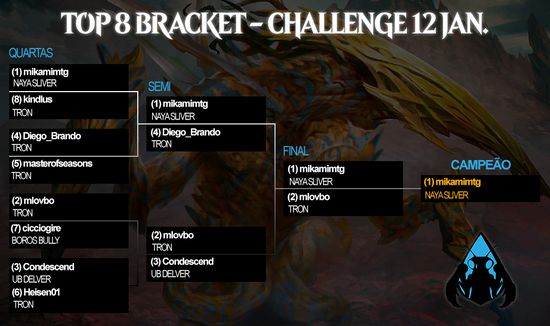
I ended up building mikamimtg's list on MTGO, and although I haven't played many games yet, I will share my first impressions about the deck.
After more than five years playing Pauper, I finally had the experience of playing with 12 lords. I think this is a worthy highlight, as Slivers are the only type in this format with such privilege. (Hey, Wizards... I don't ask much, but what about merfolk, vampires, goblins?)
Setting up a 3 color deck on Pauper is a complex task, and it was one of my concerns using this list. But right from the get-go I realized that this deck was really well adapted to its red splash.
It has only 1 Mountain, but in most cases, we are not in such a hurry to find it. In a specific match, I ended up with this single Mountain in the graveyard (due to Winding Way), but thanks to Gemhide Sliver, this is not really a problem.
Gemhide Sliver also has a fantastic synergy with Bladeback Sliver. On top of granting us red mana, it helps with casting a lot per turn, keeping our hand empty and enabling a combo with Bladeback Sliver's ability.
This combo requires some important decisions, though. Often, we won't do any damage so we can cast our hand instead, setting up an oppressive battlefield to perform a powerful attack in the next turn. We may also stop our attacks to summon more lords and to escape from some removals like Lightning Bolt and Galvanic Blast.

Winding Way and Lead the Stampede are essential cards to maintain this deck's pacing, certifying we always have more Slivers than opponent's answers.
Both cards also help us with keeping brief and succint. Many aggro players know about the curse that is drawing several lands in the mid and late game. Usually, lists use 4 copies of each, but I find it interesting that some use only 3 copies of Lead the Stampede, as it may be the "slowest" card in the deck and usually puts our "non-creature side" into the bottom of our library.
The deck has 12 "1 drop" creatures and I wouldn't decrease this amount, as the abilities of these creatures are very relevant.
Plated Sliver is useful in matches that have mass removals, such as Evincar's Justice and Swirling Sandstorm. Personally, I also like to keep it against aggros.
Sidewinder Sliver is great against faerie or bird decks. I also like to use it against Thorn of the Black Rose, as it avoids deathtouch.
In the image below we have an example of how the flanking ability can turn "block" into a very unfavorable action to the opponent.
Ad
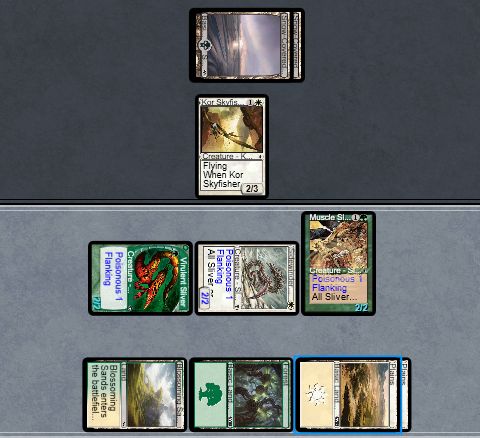
Virulent Sliver is important in matches where the opponent can gain a lot of life, or cancel out many creatures. But I don't usually use it in matches against aggro decks.
Most lists don't have any removals, which to me is strange at first, such as when I faced a burn deck that cast a Thermo-Alchemist early in the match. Despite having only 1 on the main deck, Hunter Sliver is essential because it assumes this role of removals.
As I said, I only played a handful games with Slivers, but I want to discuss some matchups:
Fog Tron: It was a complicated game, the Fogs are very efficient against Slivers. Unlike Affinity or Bogles decks, we don't have a Fling + Dispel combo to end the game. We can try to use the best opportunity to put a Bladeback Sliver on the field, but the opponent usually has many Hydroblasts to answer.
Elves: It seems like a Good Matchup to me. Sidewinder Sliver and Hunter Sliver stand out in this match, but as we have no removals, the priority is to cast Hunter Sliver as soon as possible, since the opponent can tap their elves to escape the block forced by the provoke ability. Besides that, going for an aggressive strategy also works well.
MBC and BW Pestilence: I got good results by drawing and filling the battlefield with as many creatures as possible. Crypt Rats may complicate as it is a bit faster than Pestilence, but I didn't encounter any. I intend to test Obsidian Acolyte in this matchup.
Affinity: GW Slivers used to be a smoother matchup for Affinity, the battlefield was often locked and Fling was very good in these situations. However, Slivers have the current advantage. In addition to Hallow and Prismatic Strands, the deck's red cards (Gorilla Shaman, Hunter Sliver and Bladeback Sliver) fare well against Affinity.
Burn: Definitely a Bad Matchup. The opponent can promptly deal with our lords and win the game by dealing damage with Thermo-Alchemist and Firebrand Archer. Even with Hallow and Prismatic Strands on the side, it's a complicated match. Prismatic Strands is a little too slow and Hallow doesn't protect our creatures very well, because the opponent can destroy them with another removal, and we won't even gain Hallow's life points. I really want to test Crimson Acolyte in this matchup.
Tron and Burn are both really popular in the current meta, so maybe that explains why Sliver doesn't have much representation (%) right now, even though it has good results.
That's all for today, I hope you guys enjoyed the article. I'm really enjoying playing with this deck, but I'm still learning the ropes, so why don't we discuss it further on the comments below? I appreciate any sort of questions, criticisms or suggestions!
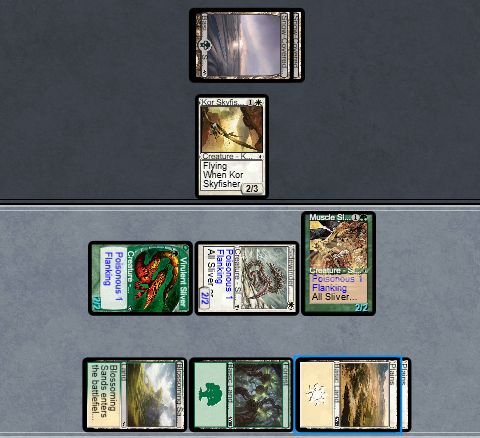



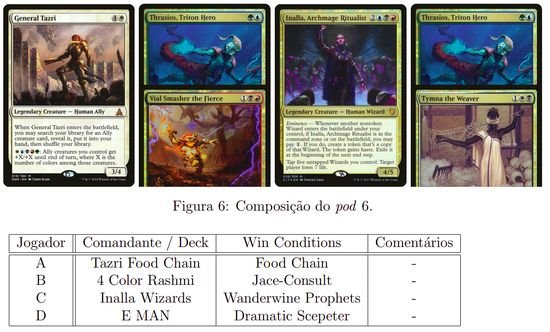
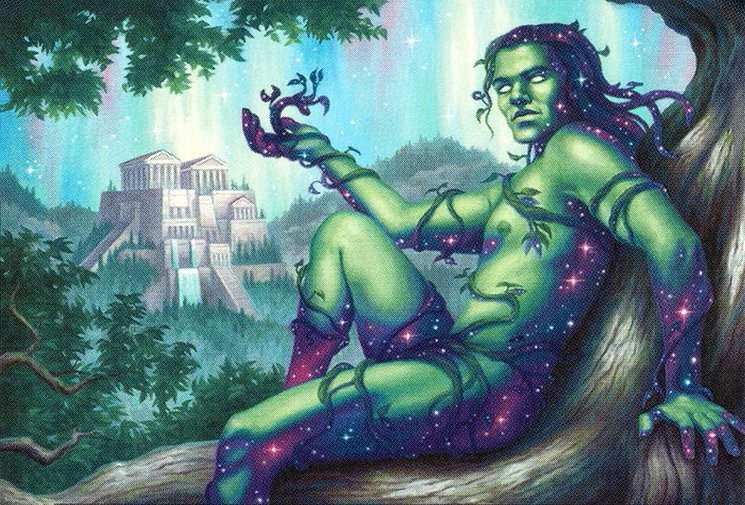



— commentaires0
Soyez le premier à commenter